Packing for Canada? Don’t forget your wallet!
Before you flee the U.S. in political protest, be sure you’re ready for Canada’s astronomical housing costs, long doctor waitlists, and a job market that doesn’t care about your American degree.
Dial your time machine back to 2016. In the run up to the November election, many Hollywood A-listers threatened to move to Canada if the ‘Orange Man’ was elected. Now, return the dial to 2024.
Funny, but not as many people — Hollywood or otherwise — have been making the same threat this time around. That got us thinking about why that’s the case.
Maybe you didn’t get the memo and you're keen to pack your bags and head north to Canada in the event of an Orange Man redux. If so, let’s take a closer look at what you’re actually signing up for north of the 49th parallel.
(Spoiler alert: it's not the maple syrup-laden utopia you might imagine.)
Housing Prices That Make New York Look Affordable
First off, if you're fleeing the U.S. in search of cheaper living, Canada might not be your savior. Housing prices in Canada’s big cities — think Toronto and Vancouver — are so outrageous they make New York and San Francisco seem like a bargain. Expect to pay through the nose just to rent a basement apartment, if you’re lucky. Or check out the latest atrocity — laneway houses. Yes, that’s right — for about $2,500 per month (ok, ok that’s Canadian dollars) you could rent a “house” conveniently located in that space where the garbage cans are supposed to go! Turns out, Oscar from Sesame Street was on to something, and he was obviously grouchy for a reason!
Home prices in Canada surged by more than 50% during the pandemic, and while the market has cooled a bit since, don't expect a warm welcome if you're on a budget. Check out these average home prices, according to WOWA.ca, a personal finance website. You’ll see that affording a home in Canada requires a level of financial gymnastics that even seasoned Manhattanites would find challenging.
Renting won’t be much better. According to RBC, every urban market but one (Belleville, Ontario) has a vacancy rate below what’s considered balanced (3%). And rent has gone through the roof. RBC estimates that more than 40% of the one million new households that can’t buy a home by 2030 will also not earn enough to afford rent at the market price. That’s only about 5 years off.
Healthcare: Free, If You Can Wait Forever
Firstly, the misnomer of “free.” Nothing is free — a price is paid by someone for “free” stuff.
With that out of the way, Canada’s healthcare system is often held up as the gold standard by Americans frustrated with sky-high medical bills. Heck, self-proclaimed leftist and filmmaker Michael Moore dedicated some prime space in his documentary, Sicko, to highlight the wonders of universal healthcare just over the border from his native Michigan.
Sure, you won't be handing over a kidney to pay for your surgery, but you might need to wait long enough for your condition to worsen. Finding a family doctor? That could take years — literally. Even worse if you need a specialist.
In its annual report documenting the wait times for visits to specialists and for diagnostic and surgical procedures in Canada, the Fraser Institute found 2023 marked the longest delays in history:
In 2023, physicians report a median wait time of 27.7 weeks between a referral from a general practitioner and receipt of treatment. This represents the longest delay in the survey’s history and is 198% longer than the 9.3 weeks Canadian patients could expect to wait in 1993.
Overall, Ontario reports the shortest wait across Canada (21.6 weeks) while Nova Scotia had the longest (56.7 weeks).
And while emergency care is free, getting an appointment that isn't an emergency can feel like winning the lottery. If you’re used to the instant gratification of American healthcare (even if it does come at a steep price), you might want to stock up on patient patience before heading to the Great White North.
Job Market: ‘We don’t need no stinkin’ job market’
Think you’ll land a job quickly because you’re so qualified? Think again. The Canadian job market can be brutal, especially for newcomers. Unless you've got connections or ‘Canadian experience,’ your impressive resume might just collect dust. Employers often prefer candidates with local experience, so you might find yourself overqualified, underemployed, and wondering why you ever left home in the first place.
Just ask Rex Gonzales, an experienced industrial engineer and project manager from the Philippines who has struggled to find work in his field since moving to Vancouver in July 2022.
Despite applying for nearly 100 jobs, he told the CBC he has yet to secure an interview. To improve his prospects, Gonzales completed a master's degree in business administration and earned a project management certification while working as a deli clerk. Currently, he is employed as a shift supervisor at a fruit and vegetable retailer, but he considers that a "survival job." The ongoing job search and financial strain, exacerbated by Vancouver's high housing costs and rising cost of living, have taken a toll on him and his family. That’s no surprise considering the insane housing prices we just talked about.
Cost of Living: Not the Escape You Imagined
Maybe you were hoping to stretch your dollar further in Canada. Well, think again. The cost of living in Canadian cities is just as high, if not higher, than in many U.S. cities. Groceries, utilities, and transportation all come with hefty price tags.
A business reporter for the Toronto Star compared the price of a shopping basket and found a 38% increase between 2021 and 2024. What cost $82 for 18 items three years ago now clocks in at $113 and change.
And let's not even get started on the taxes — Canada’s income tax rates are no joke. Depending on where you live, you might find yourself paying more in taxes than you did back home, all while navigating those high living costs. To say nothing of the Goods and Services Tax — 5% — as well as Provincial Sales Tax incurred on most every transaction. In fact, some provinces have combined the two into an ‘HST’ or harmonized sales tax. In Ontario, HST is 13%, but in Atlantic Canada, it’s 15%.
Woke Politics: More of the Same
If this is all leaving you feeling a bit overwhelmed, don’t worry. Canada has some policies to provide relief. First off, many Canadian politicians support a universal basic income to help you pay for your alleyway apartment and grotesque grocery bill. If that doesn’t provide enough relief, you can always take advantage of the MAiD service. No, not a government-sponsored cleaning lady… Medical Assistance In Dying.
If you’re leaving the U.S. to escape the culture wars, don’t think Canada is going to be a refuge from “woke” politics. Canada has its own share of political correctness and progressive policies. You’ll find more of the same up north, just with a Canadian accent. Plus, more rules and fewer guns.
So, before you hop on that plane to escape the results of an election, consider what you’re trading — one set of problems for another. Sure, Canada has its perks, but it's not all poutine and politeness. Sometimes, the grass really isn’t greener on the other side — it’s just more expensive, harder to access, and comes with a longer wait.


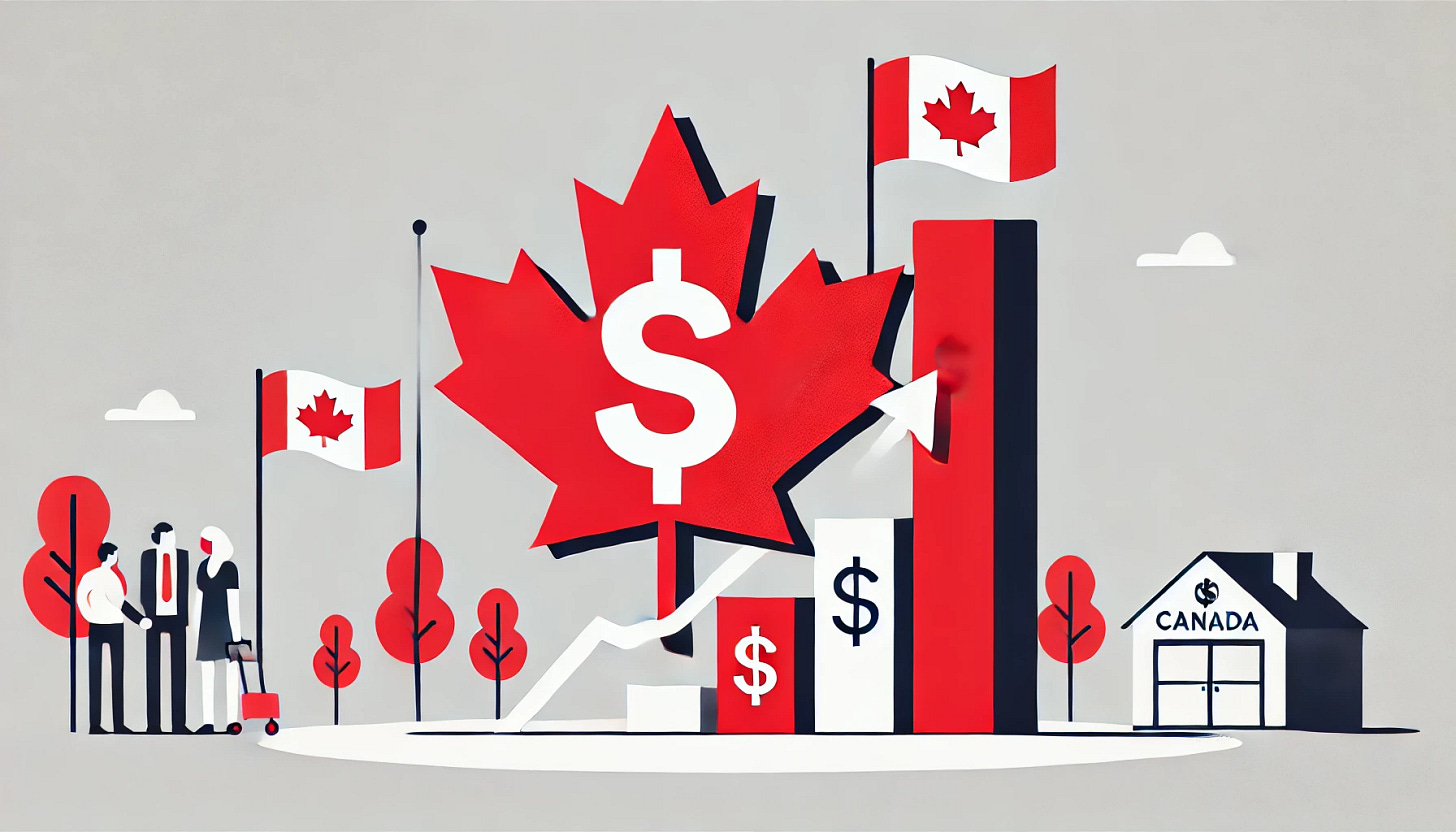
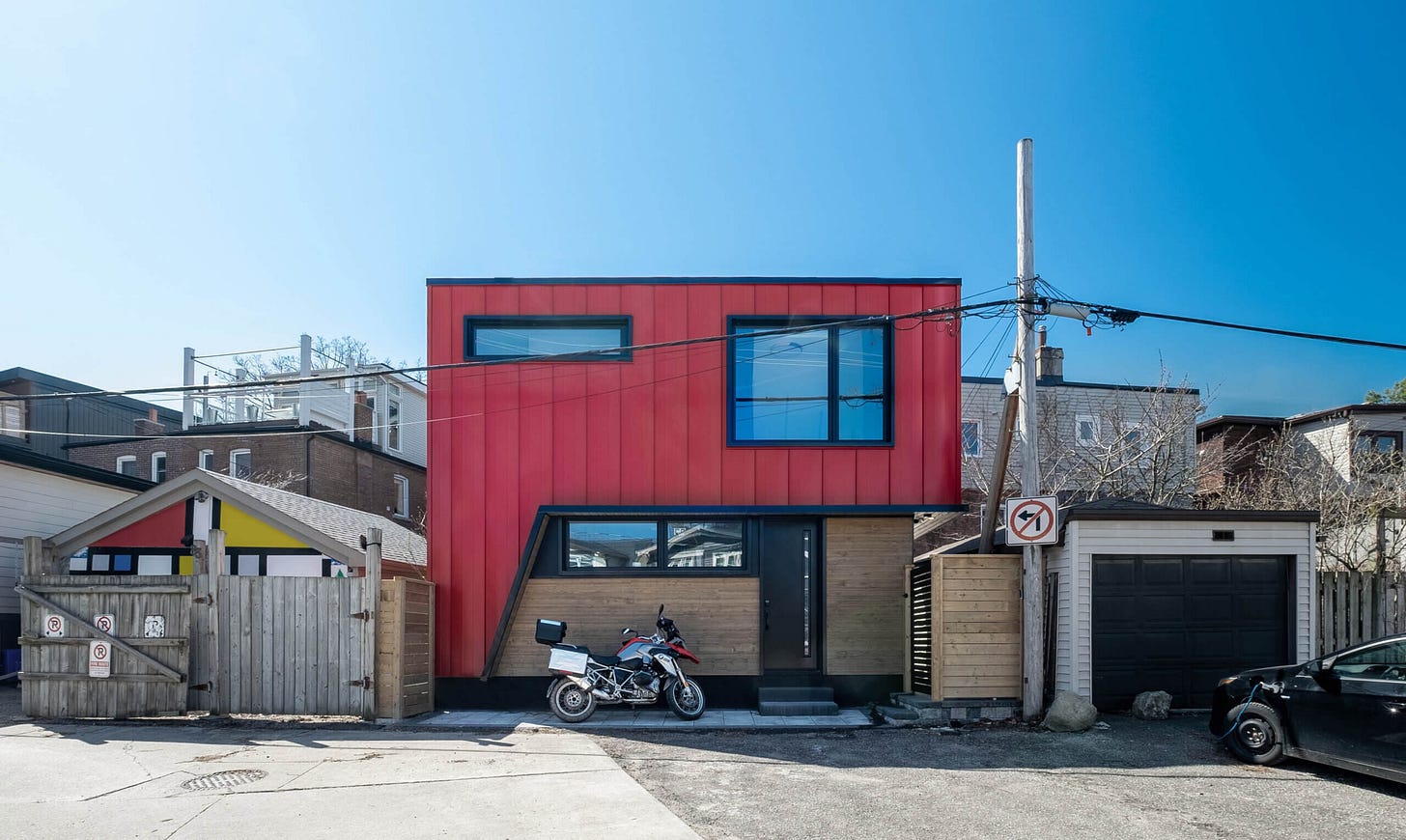

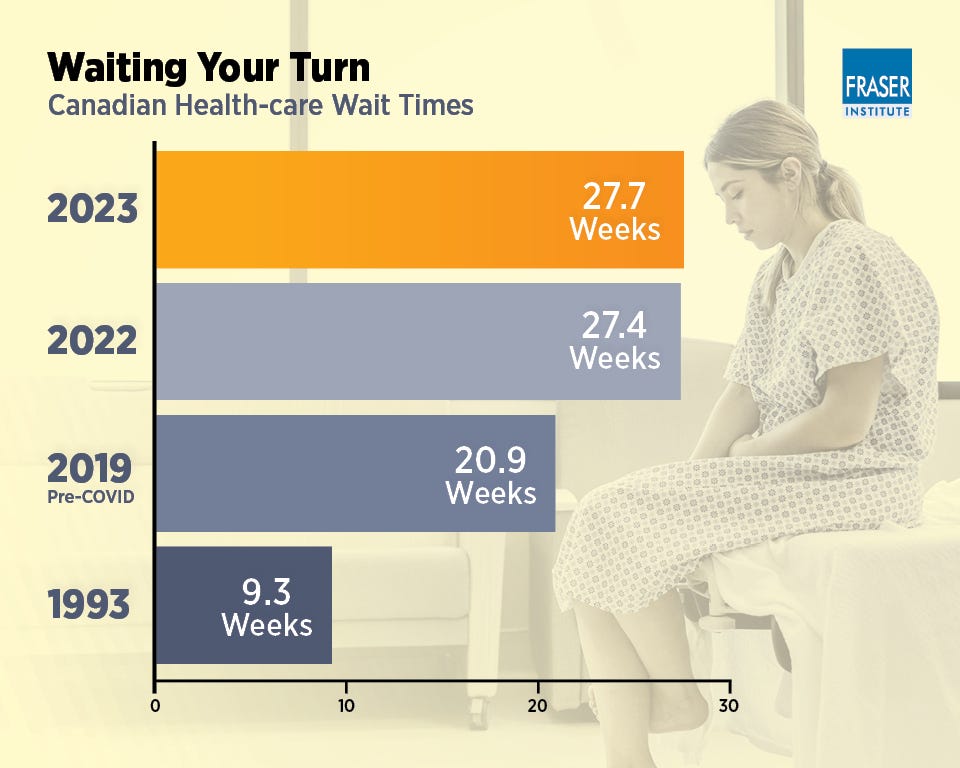

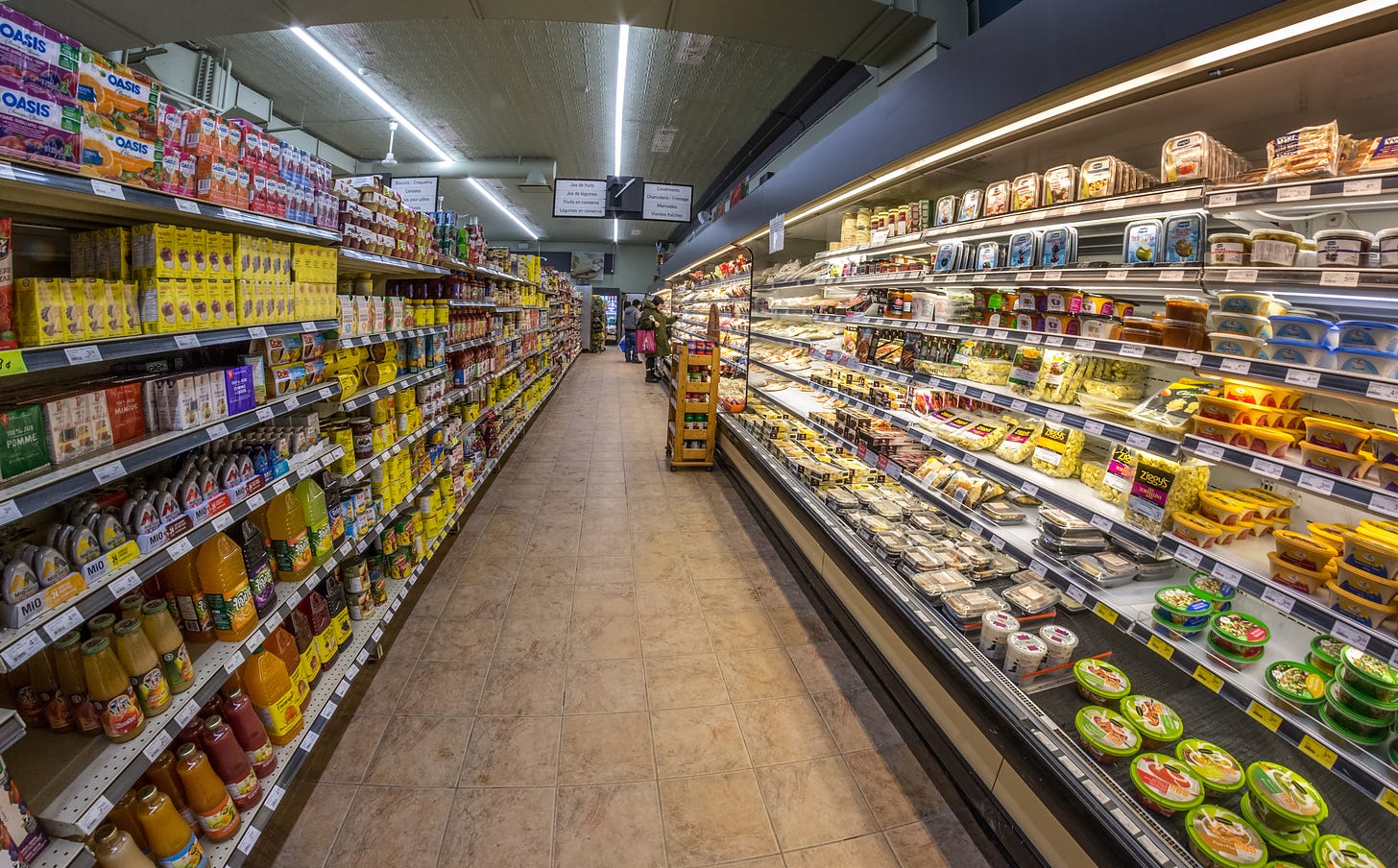
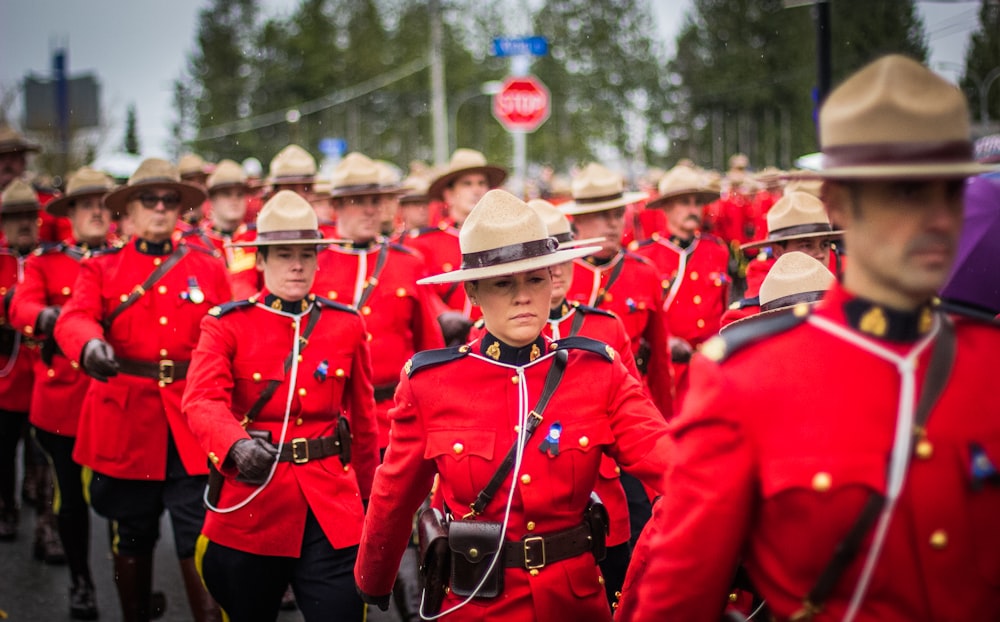


After opening the floodgates to immigration Trudeau is now backtracking and moving to reduce temporary foreign workers, perhaps an attempt to appease a growing number of angry citizens. He is so disliked and despised by the majority that he has to sneak around the country with heavy security. Very few have respect for his words and policies and a growing number are just waiting for a chance to oust him in the next election. This is despite the censorship and control of the media that taxpayers pay dearly for. Canadians desperately need a change of leadership and they haven't forgotten the atrocities of covid, the erosion of values and democracy, and the bankrupting of our country. It's an absolute mess up here to put it bluntly.
Complain and the gov will freeze your bank accounts and throw you in a kanagoo court. Oh Canada.......